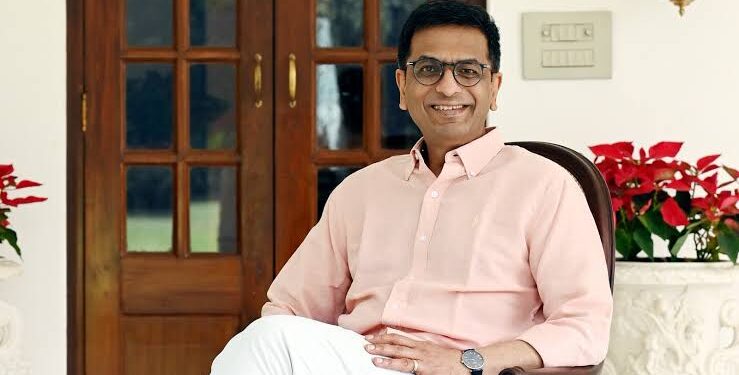New Delhi: On his last working day as the Chief Justice of India, DY Chandrachud provided significant relief to the parents of 30-year-old Harish Rana, who has been in a vegetative state for over 13 years following a severe head injury. The parents, Ashok Rana and Nirmala Devi, had petitioned the Supreme Court for permission to pursue passive euthanasia, citing the immense financial and emotional burden of their son’s ongoing medical care12.
Justice Chandrachud directed the Uttar Pradesh government to explore ways to cover the medical expenses for Harish Rana’s care. The government has committed to providing comprehensive home care services, including regular visits from a physiotherapist and dietician, as well as on-call medical officers and nursing support. All essential medications and medical supplies will be provided at no cost to the family.
The parents had initially sought the right to withdraw life support, but following the government’s commitment to cover medical expenses, they agreed to withdraw their plea for passive euthanasia. This decision was influenced by a status report from the Centre, which outlined a detailed care plan for Harish Rana.
Justice Chandrachud’s intervention has brought much-needed relief to the family, who have struggled to manage the financial strain of their son’s care. The case highlights the ongoing debate around euthanasia in India, where passive euthanasia is permitted under specific conditions, but active euthanasia remains prohibited.


